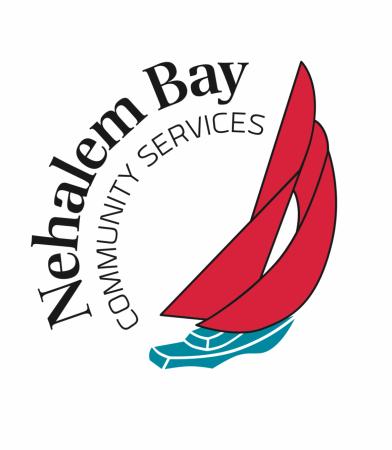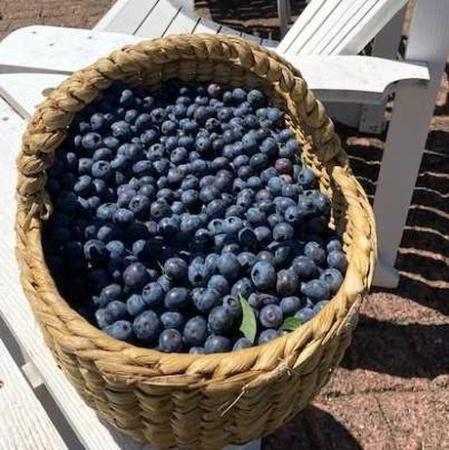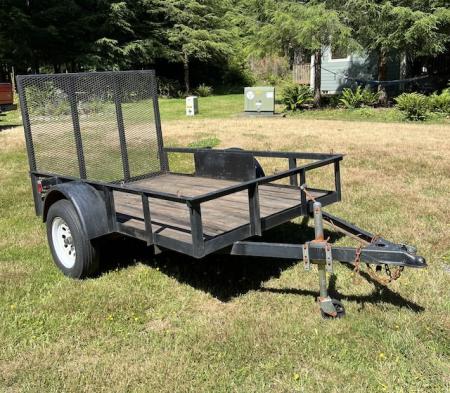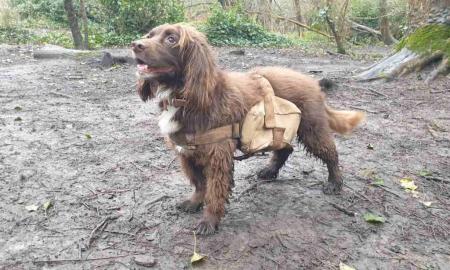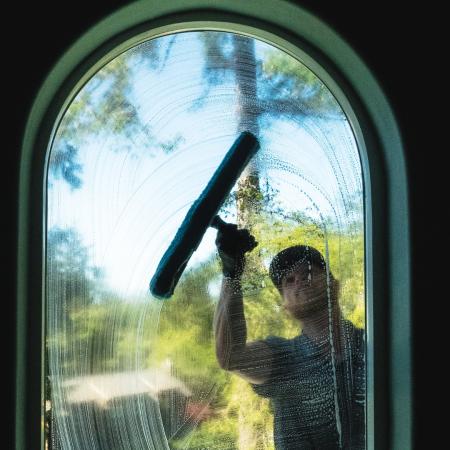Tired of stories that focus on all the bad things that are happening in the world?
Here’s on from: www.goodnewsnetwork.org/saddled-with-backpacks-of-seeds-local-pooches-enlisted-to-help-rewild-urban-nature-reserve/
Picture credit-Railway-Land-Wildlife-Trust-Lewes
Inspired by an innovative Chilean forest restoration effort, the English town of Lewes is enlisting the help of dog walkers to rewild a local nature reserve.
Heavily degraded by foot traffic, the project co-ops dogs’ tendency to run about in the woods to spread wildflower seed from saddlebags strapped to a harness around the dog’s abdomen.
The idea mimics the function that wolves once played in that part of England, roaming over vast distances getting grass and flower seeds stuck in their coat, only to fall off and germinate somewhere else.
This helter-skelter seed-spreading is actually how many plants evolved to reproduce, and it’s key to maintaining a biodiverse and native ecosystem.
“We’re really interested in rewilding processes, but they often involve reintroducing big herbivores like bison or wild horses,” said manager Dylan Walker from the Railway Land Wildlife Trust who organized the project back in 2019.
“In a smaller urban nature reserve it’s really hard to do those things. So, to replicate the effect that those animals have on the ecosystem we aimed to utilize the vast number of dog walkers that are visiting the nature reserve daily.”
The saddlebags are filled with a variety of perennial plant seeds mixed together with sand. This allows the seed to be spread for longer across larger distances, while also providing a helpful tracking sign to inform the Trust’s employees where dogs are walking.
“I signed up because it sounded like such a good fit. I was asked to place a harness on my chocolate cocker spaniel called Bertie and he ran around spreading seeds like wolves used to do many years ago,” Cressida Murray, a dog walker who regularly uses the nature reserve, told The Guardian.
Wolves were persecuted to extinction in England as early as the reign of Henry VII, who reigned during the latter third of the 15th century.
“A community-based project like this not only helps engage and teach people about the ecological impacts of wildlife but also allows us to make our wildlife and environments richer in the process,” said Walker.












